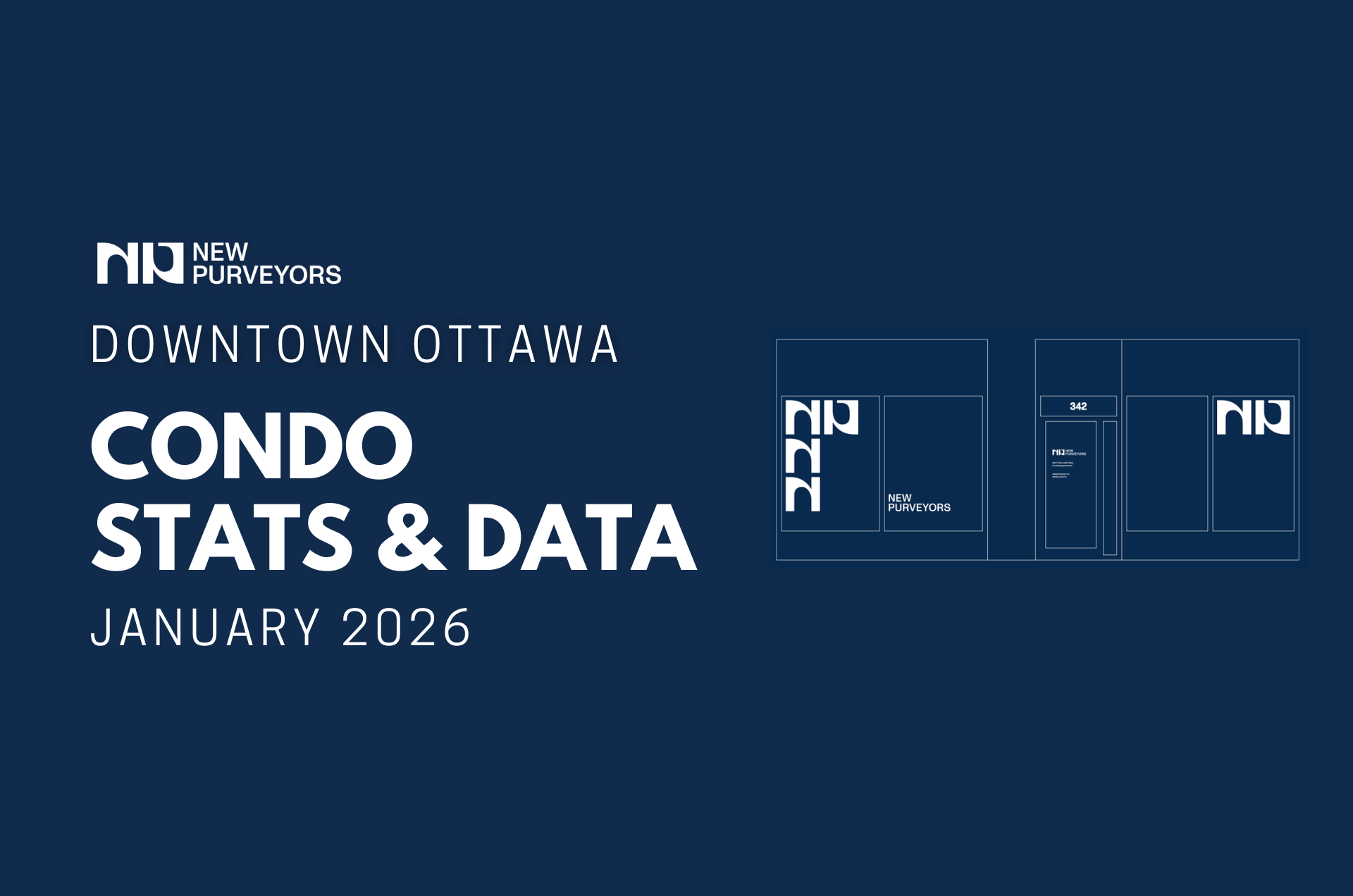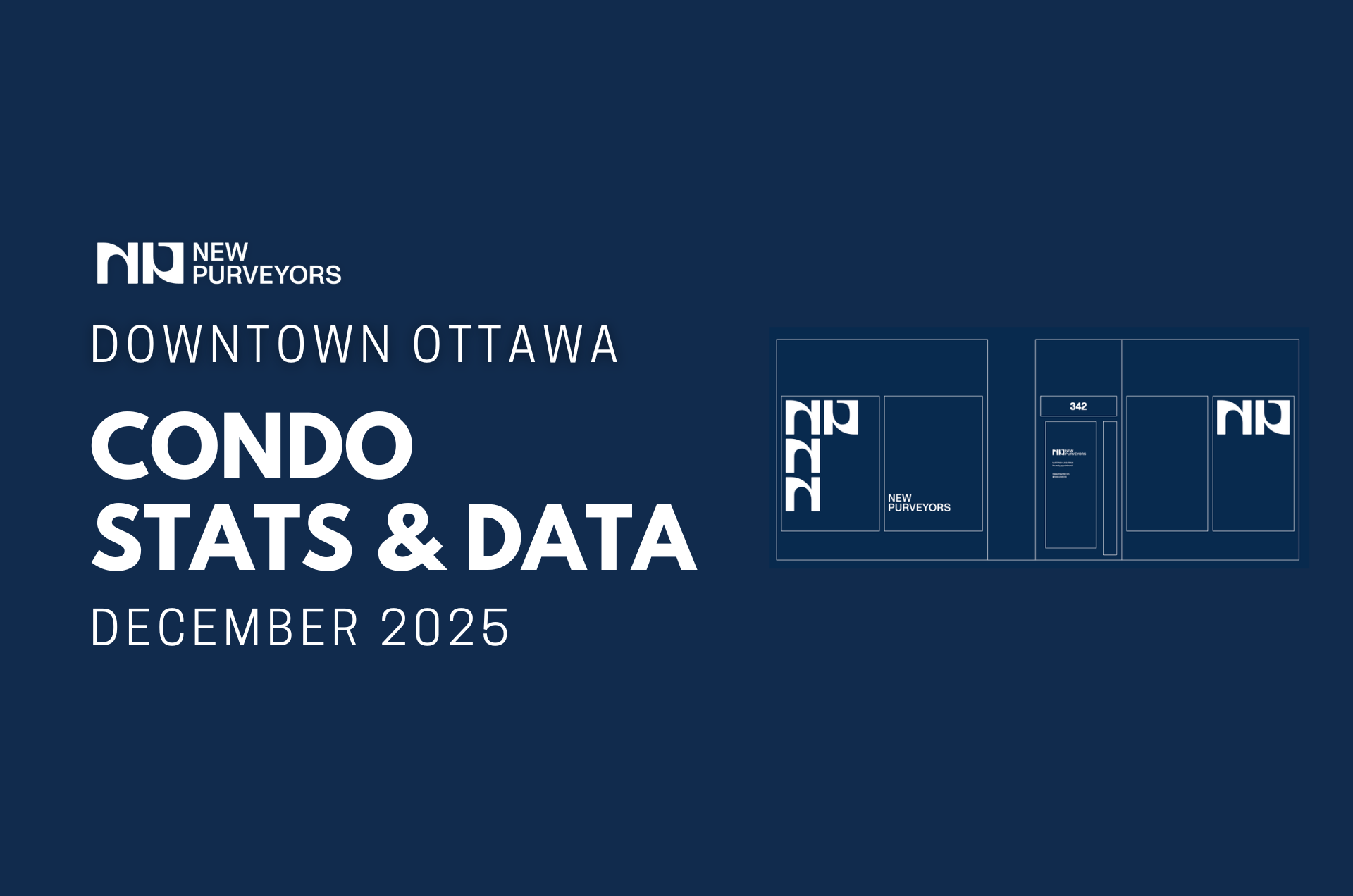Buying a condo can be one of the smartest ways to get into the Ottawa real estate market. Condos often offer excellent locations, convenient amenities, and a lower-maintenance lifestyle that appeals to busy professionals, first-time buyers, and downsizers alike. But not all condominiums are created equal, and the details behind the building can make or break your experience.
Before you fall in love with the view or the staging, take time to ask the right questions. These ten will help you look beyond the surface and make a confident, informed purchase.
1. What does the condo fee include?
Every condominium in Ottawa has a monthly maintenance fee, but what that fee covers can vary greatly between buildings. Some include heat, water, and building insurance, while others may only cover basic maintenance and reserve fund contributions. In newer buildings, you might see extra amenities like a gym or rooftop terrace reflected in the fee.
Ask for a clear breakdown of what your fee includes and what it does not. If utilities, parking, or storage are billed separately, factor those into your monthly costs so there are no surprises later.
2. How healthy is the reserve fund?
A condo’s reserve fund is its emergency savings account. It covers long-term repairs such as roof replacements, hallway renovations, garage resurfacing, and other major projects. Before you buy, review the building’s most recent status certificate, which outlines the reserve fund balance and upcoming planned expenses.
A healthy reserve fund suggests that the condo board is proactive about maintenance and budgeting. A weak one could mean that future owners will need to contribute more through a special assessment.
3. Are there any upcoming special assessments or major repairs?
A special assessment is an extra one-time payment that owners are required to make when the reserve fund is not enough to cover a major repair or replacement. Examples include replacing elevators, repairing balconies, or upgrading building systems.
Ask whether there are any known or pending assessments. If the building is older or has been deferring maintenance, it is especially important to know what projects are on the horizon and whether they are already budgeted for.
4. How well is the building managed?
A well-run condominium makes daily life smoother and protects property values over time. You can usually tell how strong management is by the tone of communication, the cleanliness of common areas, and the responsiveness to maintenance issues.
Ask who manages the building, how often the board meets, and how owners are informed about changes or repairs. If you are able, speak with current residents to hear their experience first-hand.
5. What are the rules, bylaws, and restrictions?
Condo corporations have bylaws that all residents must follow. These can include rules about pets, short-term rentals, smoking, balcony use, and noise. Review them carefully to ensure they fit your lifestyle.
For example, if you have a dog or plan to rent out your unit occasionally, make sure the building’s policies allow it. Some newer Ottawa condos restrict Airbnb or other short-term rentals, while others have weight limits or breed restrictions for pets.
6. What amenities are available, and what is their condition?
Amenities are one of the biggest perks of condo living. Rooftop patios, fitness centres, party rooms, and guest suites can add convenience and value. But not all amenities are equal, and maintaining them can be costly.
During your tour, inspect common spaces and ask when they were last updated. Outdated gyms or underused party rooms can signal that the board is not reinvesting in the property. On the other hand, well-maintained and regularly upgraded amenities indicate active management and pride of ownership.
7. What are the parking and storage options?
Parking is often a deciding factor for Ottawa buyers, especially downtown. Ask whether a parking space is included with the unit or if it must be purchased or rented separately. If you plan to own an electric vehicle, check whether charging infrastructure is available or permitted.
Storage lockers are another key detail that can make small-space living easier. Find out where lockers are located, how large they are, and whether they are individually deeded or shared.
8. How much noise transfer or privacy is there between units?
Condos share walls, floors, and ceilings, so sound insulation matters. Ask about the construction quality, especially if the building is older. Concrete construction tends to offer better soundproofing than wood-frame.
During a showing, try to visit at a busy time of day and listen for noise from neighbours, elevators, or hallways. Privacy and peace of mind are hard to change once you move in, so this is worth paying attention to early.
9. What is the history of resale values in the building?
Some Ottawa condos hold value better than others. Factors such as location, management quality, building design, and demographic mix all play a role. Ask your agent to provide recent sale prices within the same building to see how units compare.
If resale values are consistent or improving, it is a sign of healthy demand and good upkeep. If prices have been dropping, find out why. It could be related to higher condo fees, poor management, or oversupply in the area.
10. What are the neighbourhood’s long-term plans?
Ottawa is growing quickly, and new development can have both benefits and drawbacks. A nearby LRT station or revitalized street can increase property values, while ongoing construction can affect noise and traffic for years.
Research planned infrastructure projects, zoning changes, or major commercial developments in the area. A knowledgeable real estate agent can help you interpret city planning documents and identify where growth is headed.
A Few Bonus Tips for Ottawa Condo Buyers
Always review the status certificate carefully before finalizing your offer. It contains crucial information about the building’s finances, bylaws, and insurance.
Get an inspection even for condos. Inspectors can check HVAC systems, appliances, plumbing fixtures, and other elements within your unit that you are responsible for.
Walk the neighbourhood at different times of day to get a sense of traffic, parking, and safety.
Compare condo fees across similar buildings, but remember that a low fee is not always a good thing if it means the property is under-maintained.
If you’re exploring options, check out our listings for The Hideaway or 90 George Street — two popular downtown condo buildings.
The Takeaway
Buying a condo in Ottawa is about more than just square footage and finishes. It is about understanding how the building is run, how it will age, and how it fits your lifestyle. Asking detailed questions before you buy can save you money, stress, and frustration later.
Whether you are buying your first home or adding an investment property to your portfolio, take the time to dig deeper into each building’s story. Ottawa’s condo market offers incredible variety, but the best decision is always the one made with full confidence and clear information.




































